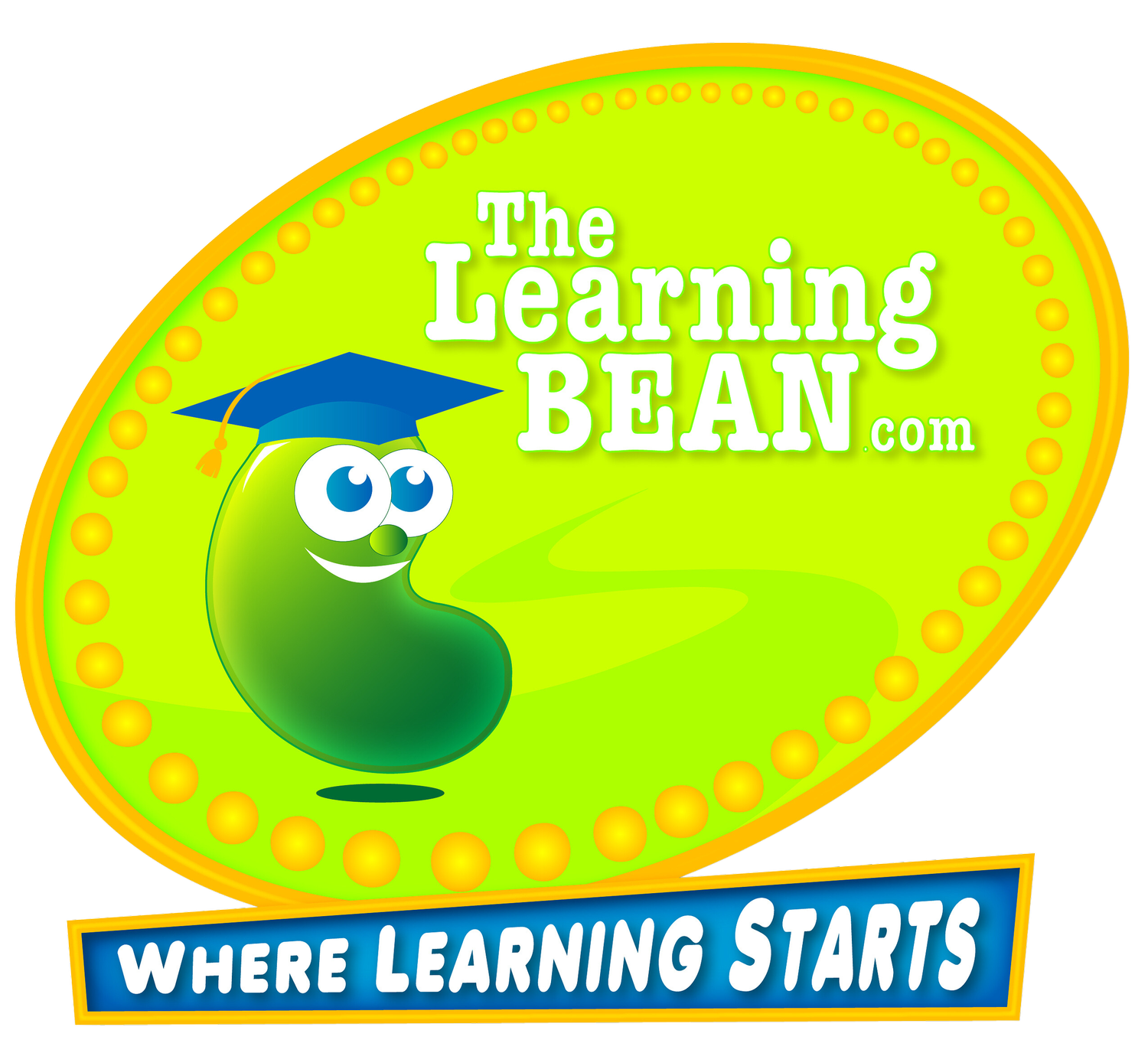What is the KRA? : How Parents Can Help Their Child Prepare
As you are preparing your child for Kindergarten, you probably heard that your child has to take the KRA? What is the KRA? Do you remember taking this assessment when you started school? To ensure a smooth transition, many schools conduct a Kindergarten Readiness Assessment (KRA) to evaluate a child's preparedness for this crucial phase. In this blog post, we will delve into what the KRA assessment entails, why schools conduct it, and how parents can actively contribute to their child's readiness.
What is the KRA Assessment?
The Kindergarten Readiness Assessment (KRA) is a comprehensive evaluation conducted by schools to gauge a child's readiness to enter kindergarten. It typically focuses on key developmental areas such as language and literacy skills, cognitive abilities, social-emotional development, and physical well-being. The assessment helps teachers understand each child's strengths and areas that may require additional support, allowing them to tailor their teaching strategies accordingly.
Importance of the KRA Assessment:
The primary goal of the KRA assessment is to ensure that children are well-prepared for the kindergarten curriculum. By evaluating a child's skills and abilities, schools can identify areas where additional attention may be needed. The assessment also helps teachers in creating a supportive and inclusive classroom environment that caters to the diverse needs of all students. Furthermore, the KRA assessment can help identify any developmental delays or learning disabilities early on, enabling timely intervention and support.
How Parents Can Help:
Parents play a vital role in preparing their child for the KRA assessment and kindergarten. Here are some ways parents can actively contribute to their child's readiness:
1. Encourage Independence:
Foster independence by allowing your child to perform age-appropriate tasks on their own. Encouraging them to dress themselves, practice self-care routines, and complete small tasks at home cultivates confidence and self-sufficiency.
2. Read Aloud Regularly:
Reading aloud to your child is one of the most effective ways to develop their language and literacy skills. Choose age-appropriate books and engage them in conversations about the story, characters, and illustrations. This practice enhances vocabulary, comprehension, and listening skills.
3. Promote Social Interaction:
Provide opportunities for your child to engage in social activities with peers, such as playdates, preschool, or community events. Encourage sharing, taking turns, and problem-solving, which develop crucial social-emotional skills necessary for kindergarten.
4. Stimulate Cognitive Development:
Engage your child in age-appropriate activities that stimulate their cognitive abilities. Puzzles, sorting games, counting objects, and simple math concepts help develop problem-solving, critical thinking, and numerical skills.
5. Establish Routines:
Create a consistent daily routine that mirrors the structure of a typical kindergarten day. Set regular bedtimes, mealtimes, and playtimes to help your child adjust to the expected schedule and build good habits.
6. Enhance Fine and Gross Motor Skills:
Engage your child in activities that promote fine and gross motor skills, such as drawing, cutting with safety scissors, climbing, jumping, and playing ball games. These activities improve coordination and physical abilities, crucial for participating in classroom activities.
If you are looking for more in depth information on preparing your child for Kindergarten, We are thrilled to introduce our book, "How to Prepare your Child for Kindergarten Success," designed specifically to assist parents like you in ensuring a smooth and confident transition into kindergarten. Packed with practical advice, insightful tips, and proven strategies, this book is a comprehensive guide that covers all essential aspects of kindergarten readiness. From developing language and literacy skills to fostering social-emotional development and nurturing cognitive abilities, our book offers a wealth of knowledge and actionable steps to help your child thrive. Investing in "How to Prepare your Child for Kindergarten Success" will equip you with the tools and information needed to actively engage in your child's preparation for this critical phase. Together, let's empower your child for a successful start to their educational journey!
The Kindergarten Readiness Assessment (KRA) plays a significant role in ensuring a smooth transition into kindergarten for children. By actively participating in their child's preparation, parents can make a substantial impact on their child's success. By encouraging independence, fostering literacy, promoting social interaction, stimulating cognitive development, establishing routines, and enhancing motor skills, parents can help their child thrive in the assessment and confidently embark on their educational journey. Remember, it's not about pushing children beyond their capabilities, but rather nurturing their growth and setting them up for a fulfilling educational experience.

